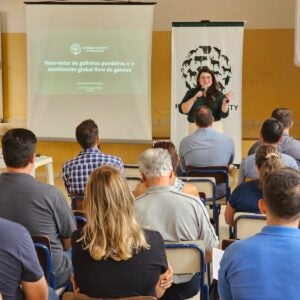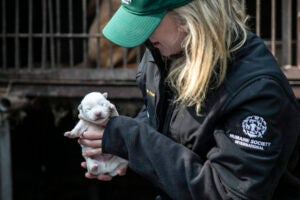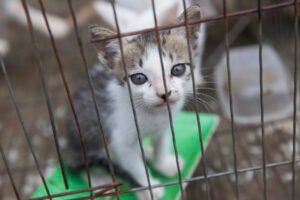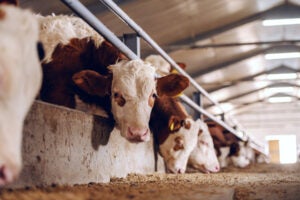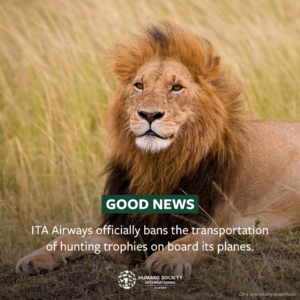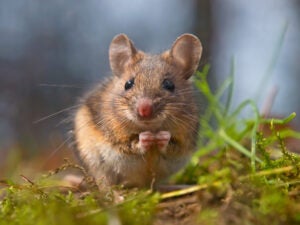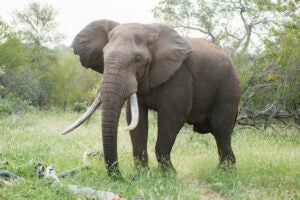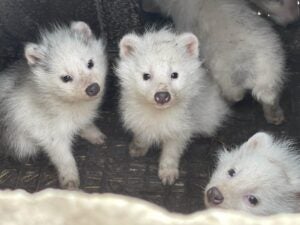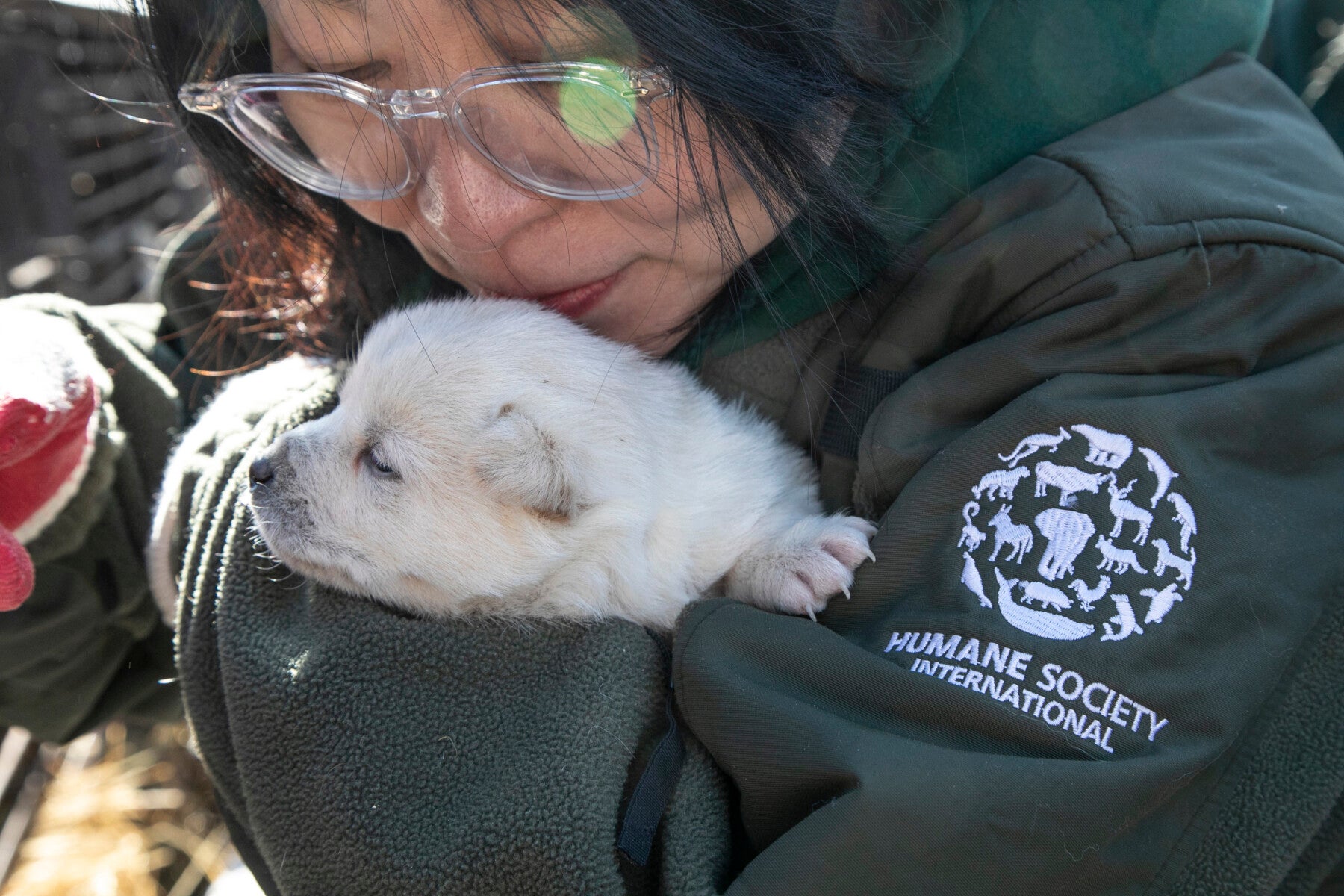
SEOUL—South Korea’s National Assembly has today voted through a ban on the dog meat industry in what animal campaigners at Humane Society International/Korea have called “history in the making.” Up to 1 million dogs a year are factory farmed and killed for human consumption in the country. The ban, which comes into force in six months’ time with a three-year phase out, will make the breeding, slaughter and sale of dogs and dog meat for human consumption illegal from 2027, with penalties of up to three years’ imprisonment or a fine of up to 30 million KRW.*
This news follows considerable public and political momentum. With over 6 million pet dogs now living in Korean homes, demand for dog meat is at an all-time low. A 2023 Nielsen Korea opinion poll shows that 86% of South Koreans won’t eat dog meat in the future and 57% support a ban.
JungAh Chae, executive director of Humane Society International/Korea, which has campaigned tirelessly for a ban, welcomed the news by saying: “This is history in the making. I never thought I would see in my lifetime a ban on the cruel dog meat industry in South Korea but this historic win for animals is testament to the passion and determination of our animal protection movement. We reached a tipping point where most Korean citizens reject eating dogs and want to see this suffering consigned to the history books, and today our policymakers have acted decisively to make that a reality. While my heart breaks for all the millions of dogs for whom this change has come too late, I am overjoyed that South Korea can now close this miserable chapter in our history and embrace a dog-friendly future.”
Dog farmers, slaughterers and restaurant owners will be eligible to apply for compensation, and after review, government support will be offered to transition or close those businesses, similar to the Models for Change program run by HSI/Korea. Since 2015, HSI has helped 18 dog farmers across South Korea switch to growing crops such as chili plants and parsley, or water delivery and other livelihoods.
HSI/Korea urges the government to use the three-year phase out period to work with animal groups including HSI/Korea to rescue as many dogs as possible in a state-sponsored, coordinated effort.
Kitty Block and Jeff Flocken, respectively CEO and president of HSI globally, issued a joint statement, saying: “This is a truly momentous day for our campaign to end the horrors of the dog meat industry in South Korea, and one we have been hoping to see for a very long time. Having been to dog meat farms, we know only too well the suffering and deprivation these desperate animals endure in the name of an industry for whom history has now thankfully called time. This ban signals the end of dog meat farming and sales in South Korea, and we stand ready to contribute our expertise until every cage is empty.”
South Korea now joins a growing list of countries and territories across Asia that have banned the dog meat trade (with varying degrees of enforcement), including Hong Kong, Taiwan, the Philippines, India, Thailand and Singapore, as well as the cities of Shenzhen and Zhuhai in mainland China, Siem Reap province in Cambodia, and 45 cities, regencies and provinces in Indonesia.
Download video and photos of HSI/Korea’s dog meat farm closure program in action here.
ENDS
Media contacts:
- South Korea: Haewon Lee, media and communications manager; hlee@hsi.org
- United Kingdom: Wendy Higgins, director, international media; whiggins@hsi.org
Notes: The legislation includes a penalty of up to two years of imprisonment or a fine of up to 20 million KRW for the breeding and sale of dogs for consumption, and up to three years of imprisonment or a fine of up to 30 million KRW for the slaughter of dogs for human consumption.

